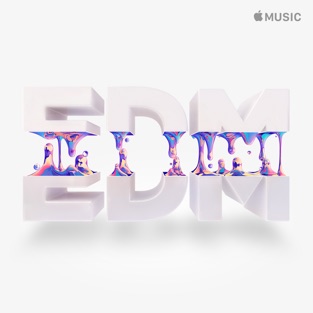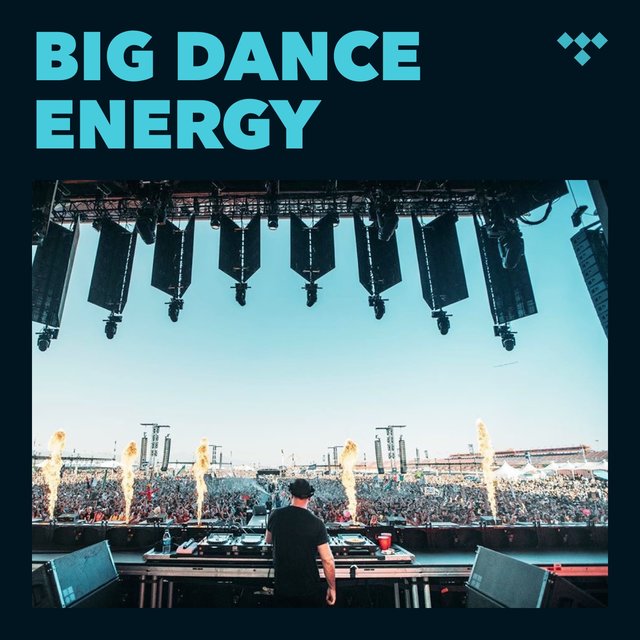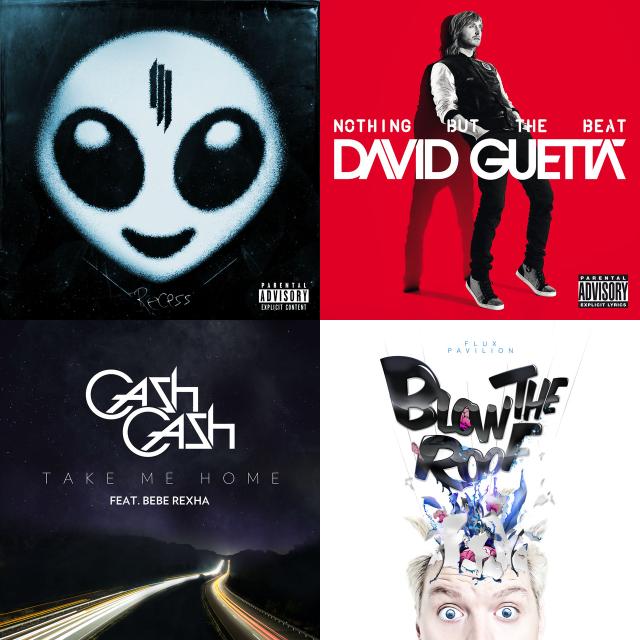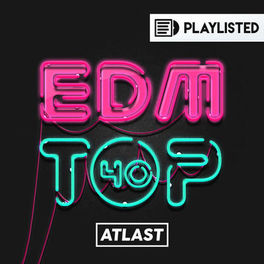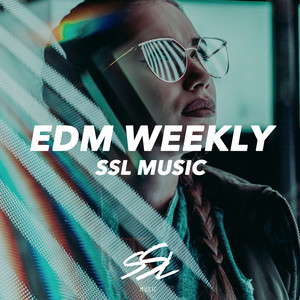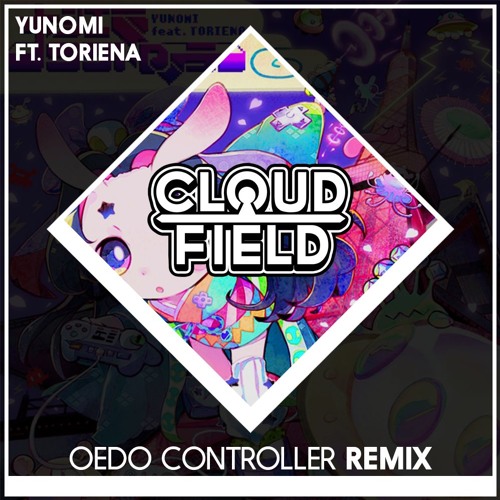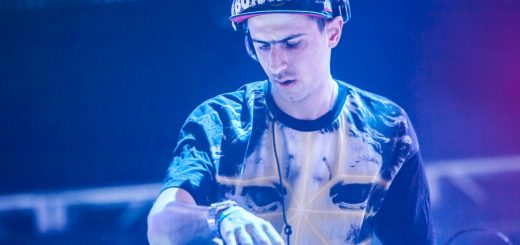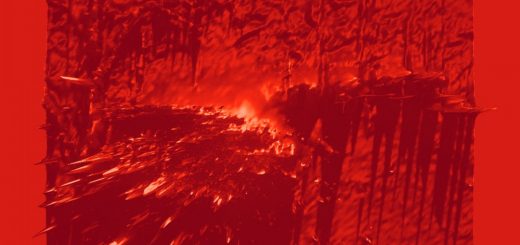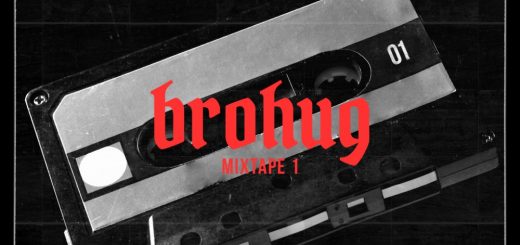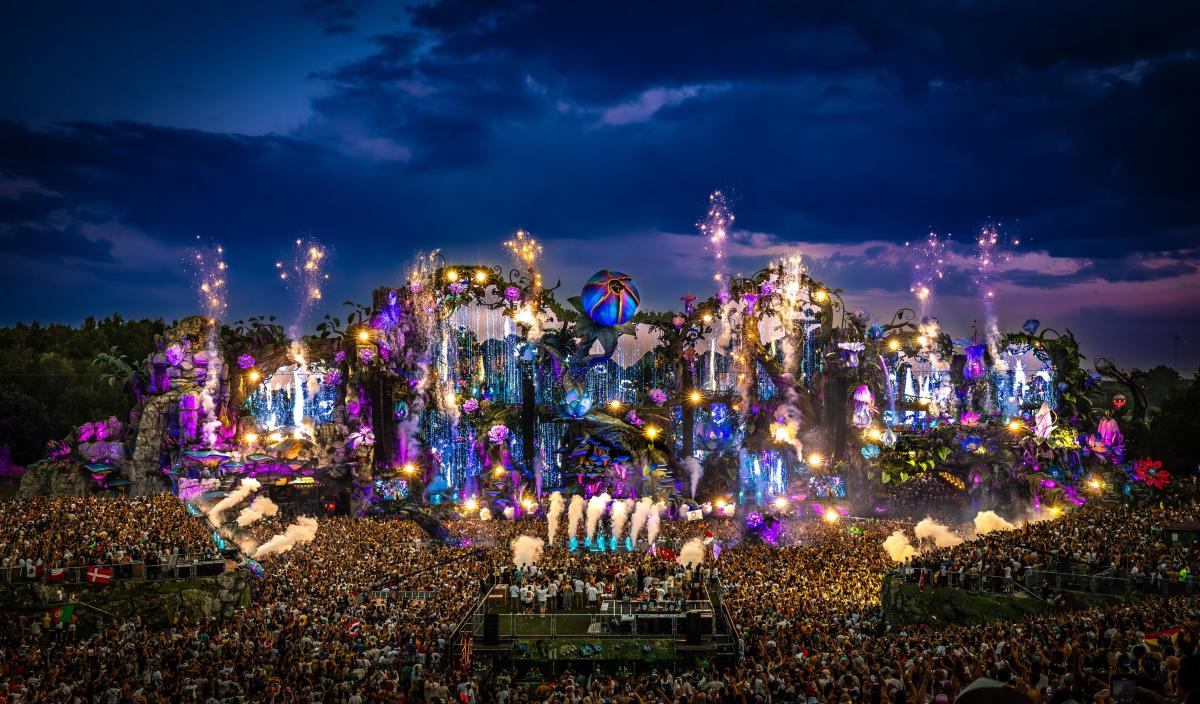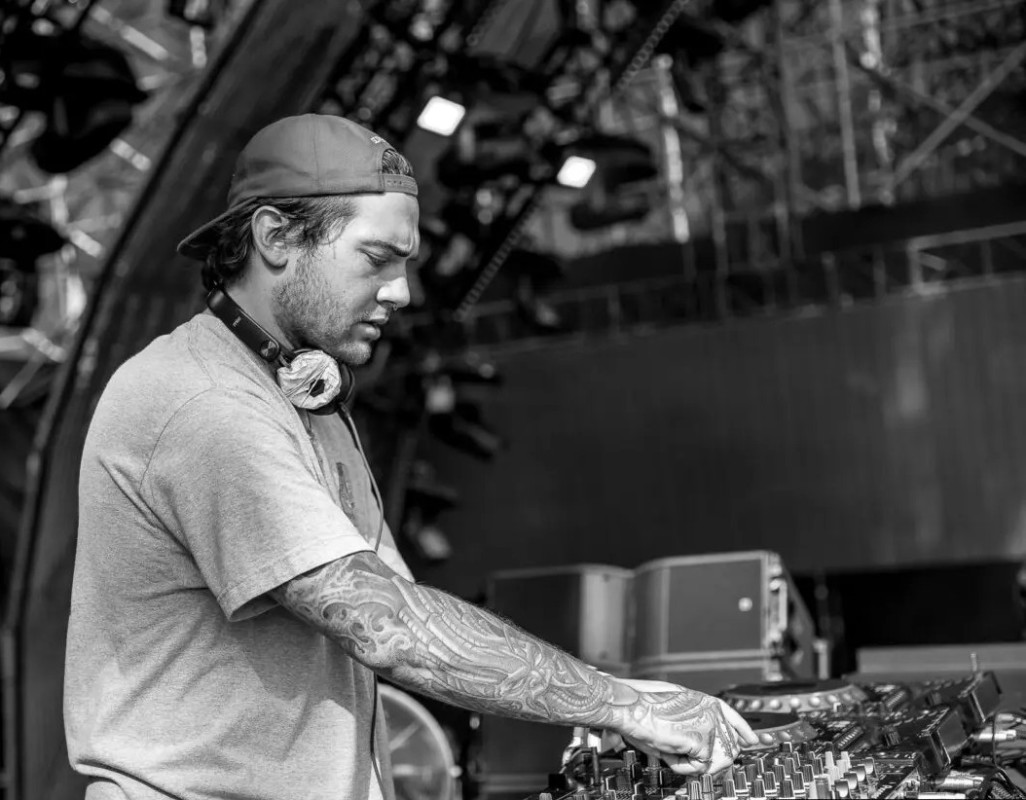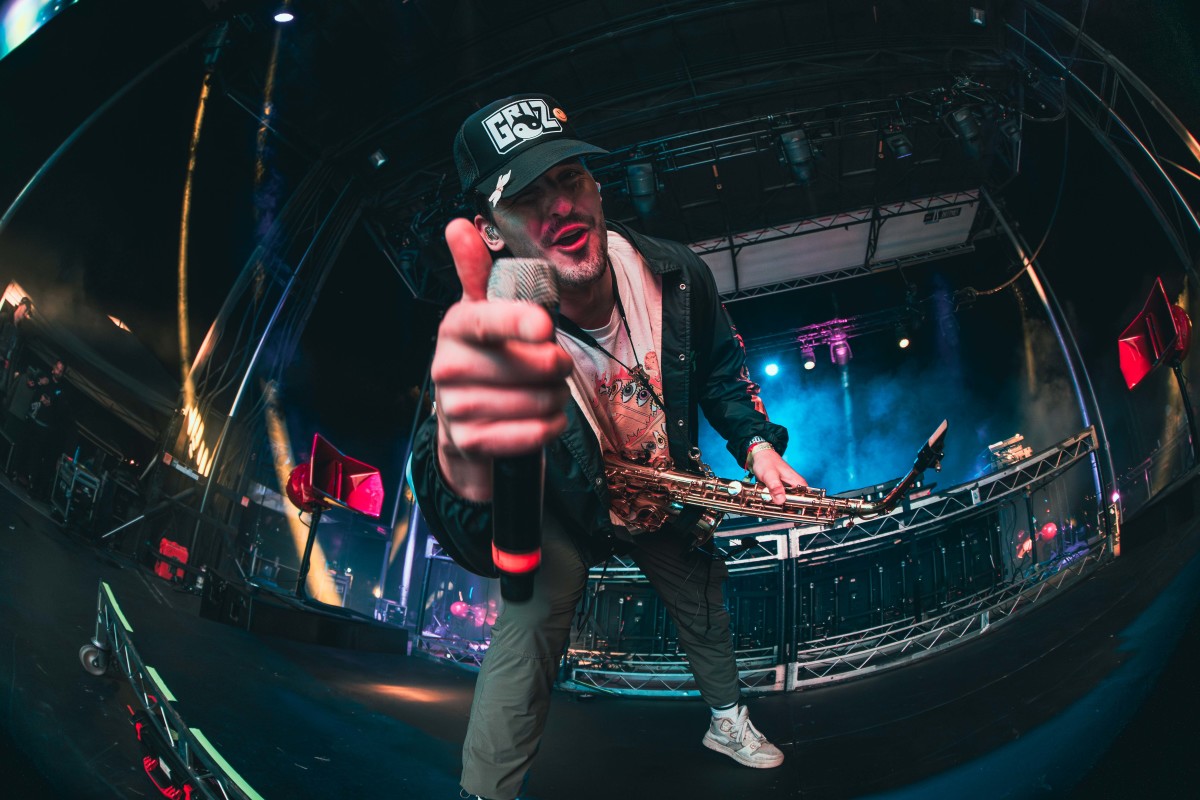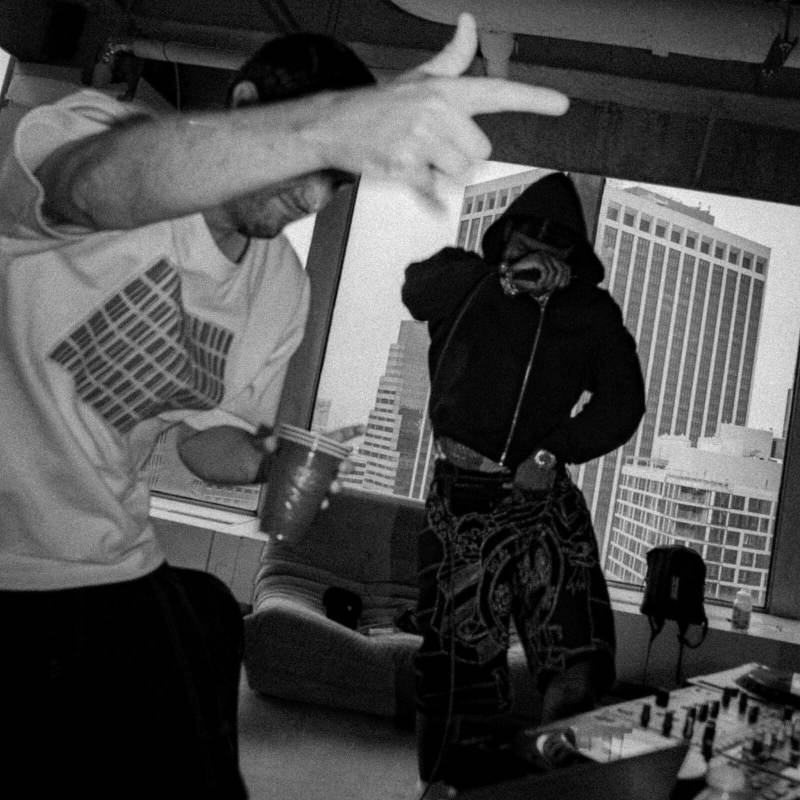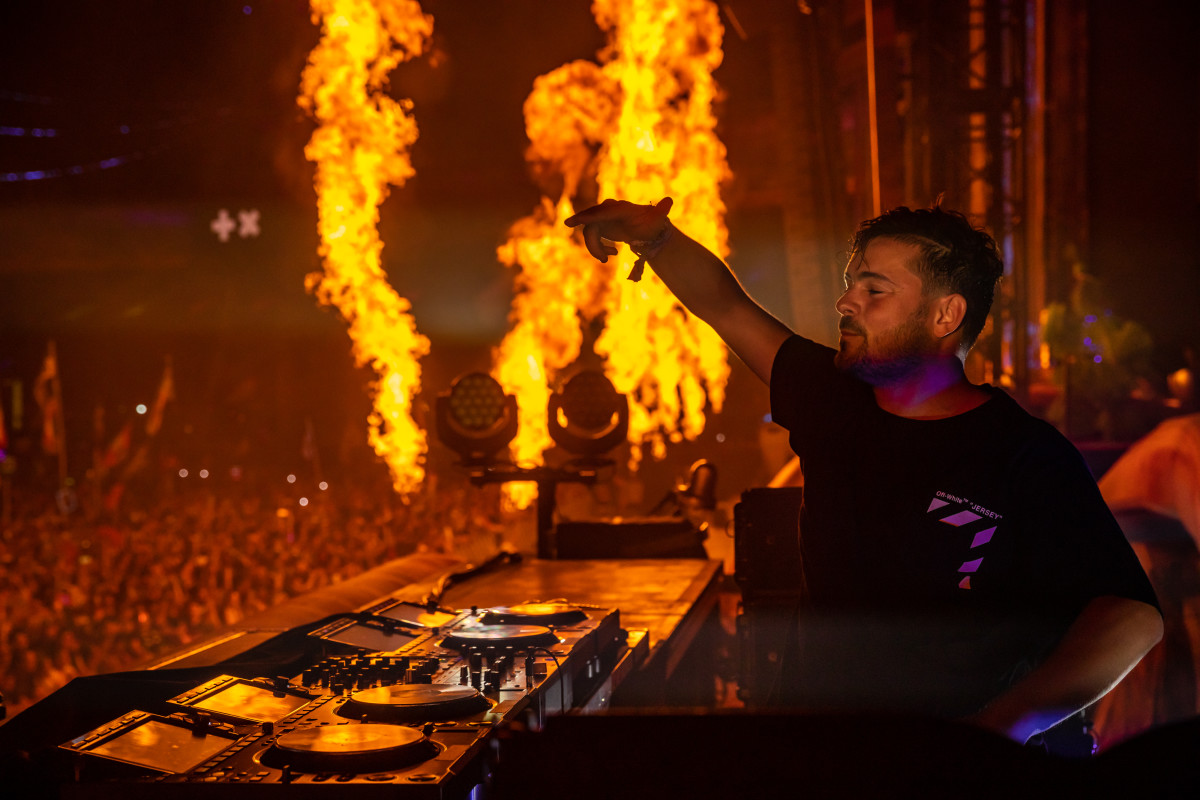Producer Sessions 018: Doctor P shares insights on debut album, 'Animal Vegetable Mineral, Pt. 2' [Interview]
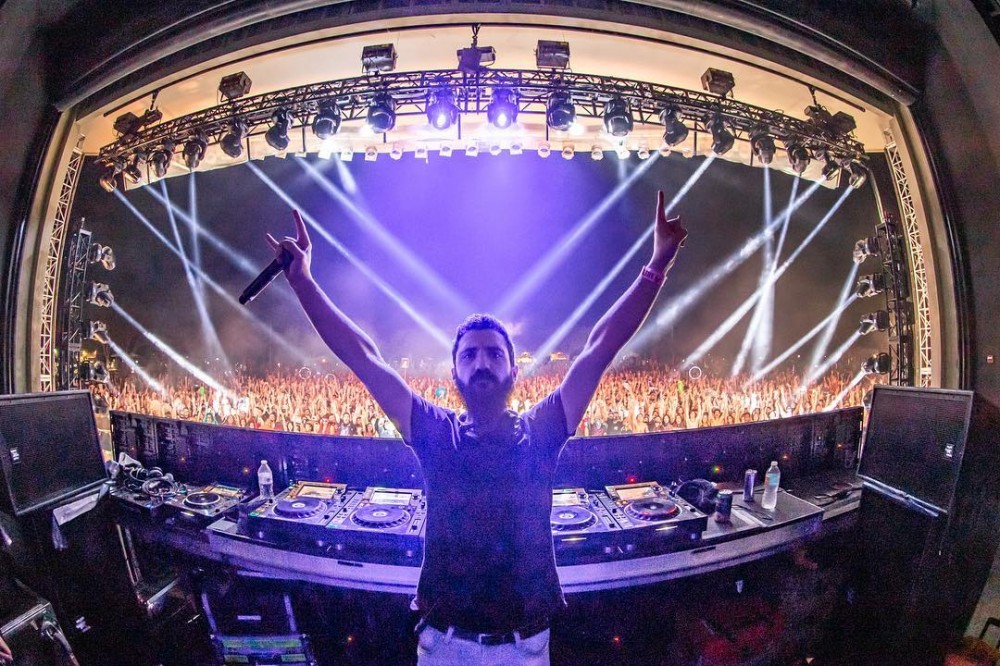
Dubstep veteran Doctor P released his debut album, Animal Vegetable Mineral, Pt. 2 after his decade-long reign as a bass icon alongside his Circus Records partner, Flux Pavilion. American modern dubstep influence came to the States the likes of the UK’s Rusko, Burial, and Skream & Benga and was picked up by Doctor P and Flux Pavilion, resulting in legendary tracks like “I Can’t Stop,” “Bass Cannon,” “Gold Dust,” “Cracks,” and many other big bass hits.
In 2009, they created their Circus Records business, a record label to host the up-and-coming generation of sound benders. Now, Doctor Picto releases his first grip of originals to be deemed an album. Animal Vegetable Mineral Pt. 1 was released in 2012, featuring festival staples “Flying Spaghetti Monster ” and “Bulletproof” with Eva Simons.
In 2020, Doctor P is presenting Animal Vegetable Mineral Pt. 2, a 10-track LP featuring the just-released “Smoke & Flames” featuring Virus Syndicate, as well as mammoth collaboration tracks with Franky Nuts, CRaymak, Shapes and many more. He displays a drum ‘n’ bass crossover with “Back Where I Started,” ragga influences on “Fuck The Speaker,” and old school rave breaks on “Alone.”
Dancing Astronaut had the privilege of asking Doctor P some questions about Animal Vegetable Mineral Pt. 2. Read the Q&A below.
What inspired you release to release the second iteration of Animal Vegetable Mineral and your first album after all these years?
People have been asking me since 2012 when I will be releasing part two. I really wanted part two to fit the vibe of the original EP, but the timing never felt quite right. Then in 2019 I realized that I suddenly had all this unreleased music and the second EP just suddenly came together perfectly.
Do you have a typical production process? If so, what is it?
I normally start with something like an idea for what I want the track to sound like, or a particular vocal sample or something. Sometimes it’s just a little melody I accidentally play, and, suddenly, I find I’ve made half a song out of it. A lot of my tracks start as one thing and end up evolving into something else. It’s a really organic process, and I try to just let it happen without overthinking it too much. The key is just to keep going until the song exists.
At this point in your career, do you still pick up valuable production techniques from your collaborators? If yes, was there any technique from a collaborator on this project that was particularly memorable?
I feel like I’m learning all the time when I’m making music. The world of music production moves so fast and I sometimes feel like I’m racing to keep up. Making music with Flux is always an intense learning experience; the creative way he writes music always blows my mind. It was really cool working with Shapes on “Cold Individual” as they come from a completely different part of the bass music world, so they had a very different vibe to bring to the track. Franky Nuts is a great producer as well. I couldn’t believe how fast he turned “Give It Up” into something really awesome. I had been working on that track for a long time before I played it to Franky, but as soon as he got his hands on it he instantly turned it into the song it needed to be.
What was a go-to synth for the project and why?
Xfer Serum is such a standard in bass music that I’m sometimes reluctant to use it, but it’s undeniably great for getting that huge bass sound everybody wants. I also find myself using U-He Diva in a lot of my songs. I’m still using the classic Native Instruments Massive in a lot of my music. It’s the synth that really defined my sound in the early days, and I’m still finding that it sounds good on a lot of my tracks.
What was a go-to MIDI controller and why?
I have a broken old MIDI keyboard that I’ve had forever. Apart from that I use basically nothing else outside the computer.
Any special VST that really took the production home?
I’ve been trying to cut down on the amount of processing that I do on my tracks. It’s so easy to over-process everything as there is no limit to what computers can handle nowadays. I’ve been using only the Waves SSL G-Master Buss compressor on my master and nothing else. That plugin is definitely a key part of my sound.
Do you have any pet peeves between you and your DAW?
I’ve used Cubase since I was 18 and I definitely have a love-hate relationship with it. It’s really powerful, but I wish it didn’t crash quite so often! It’s improved a lot over the last few versions and actually doesn’t crash too much any more. I’ve tried all the music production software out there and I always come back to Cubase.
Which song took the longest work and why?
I think I worked on “Alone” for almost a year, and “Give It Up” probably took just as long. I find that vocal tracks take a lot more work than simple instrumentals. “Fuck The Speaker” seems to be the track that everybody is enjoying the most on the album, and I literally made it in one session in a couple of hours. Maybe I need to start making all my tracks in under two hours.
What was the most difficult sound to conquer on the project?
I have always been so focussed on the bass sound design and drum production that I never really honed my skills for working with vocals. Some producers are so skilled with arranging vocals in certain ways, but I always struggle. I’m always envious of Skrillex’s ability to work with vocals. He can chop one word into the middle of a track, and somehow, it sounds amazing.
From your past decade of success in the DJ space, what are some production skills or methods you have improved that have really taken your production or process to the next level?
I find that it’s the philosophy of being creative that I’ve really learned over the last 10 years. I always get into conversations with other producers and DJs about their different creative processes and the way they deal with the different pressures of the lifestyle. Having the right mindset in the studio and on stage is really important as it’s so easy to let your mind get in the way of being really creative.
Do you have any unique studio habits?
I don’t know how unique it is, but I consume an enormous amount of sugar and caffeine in the studio.
What was your most memorable in-studio moment while producing the album?
As ridiculous as it is, I think it’s probably when I put all the farm animal sounds in “Fuck The Speaker.” It felt like a moment of true inspiration. It sounds so wrong but so right, which is exactly what my music is all about.
What’s next for Circus Records?
I think we managed to nail our musical formula right from the start, so we’ve always tried to stick to our guns instead of following different trends. So musically I think we will be continuing in the same way going forward. We’re hoping to grow the live side of the label, and we’ve been putting on bigger and better shows over the last few years. We’ve got some really big shows in the works for some time in the near future.
Can you name some up-and-comers dropping projects on the label that you’re excited about?
I’ve definitely got high hopes for a few artists on the roster. I think the real test is whose music I play in my set, and I think the artist whose music I draw for the most often is probably Franky Nuts. He really embodies the classic Circus sound while also managing to make it sound completely fresh and unique. And it doesn’t hurt that his music always gets a really strong reaction on the dancefloor.
What is next for Doctor P?
I’m currently working on another EP. I don’t know if it’ll be Animal Vegetable Mineral Part 3 yet, though! I’ve got a few collabs with different artists coming up as well which should be coming out over the next few months. I have been working on a second musical project for a while as well. I haven’t released any of the music yet but I think 2020 will be the year to launch the project. I think I have more music now than I’ve ever had before, so I’m anticipating releasing a lot more this year.
Photo credit: Third Eye Creator

